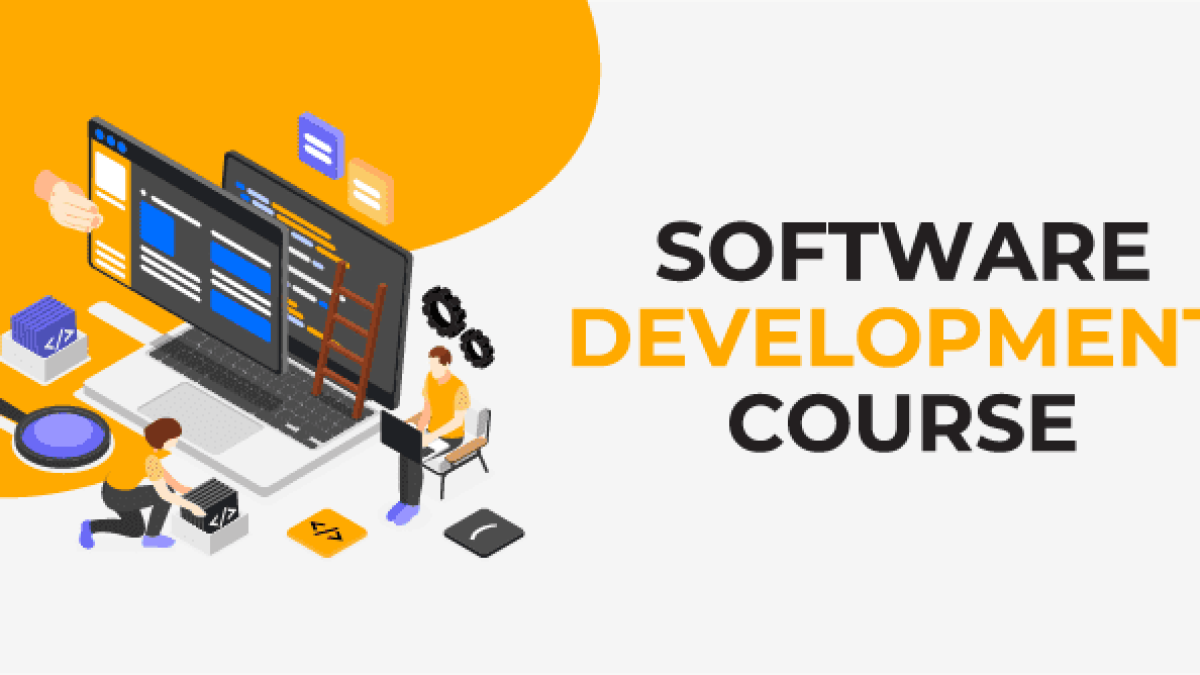Exploring the Best Software Development Tools
Empowering Developers: Exploring the Best Software Development Tools
In the dynamic world of software development, having the right tools can make all the difference between success and frustration. From coding and debugging to project management and collaboration, the right software development tools can streamline workflows, boost productivity, and facilitate innovation. Let’s delve into some of the best software development tools available today and how they empower developers to create exceptional software solutions across popular social media platforms like Facebook, Twitter, TikTok, YouTube, and Instagram.

1. Visual Studio Code: Visual Studio Code is a lightweight yet powerful code editor developed by Microsoft. It offers a rich set of features, including syntax highlighting, code completion, debugging, and version control integration. With support for multiple programming languages and a vibrant ecosystem of extensions, Visual Studio Code is a favorite among developers for its flexibility and customization options. Developers can share their favorite extensions and tips on platforms like Twitter and YouTube, contributing to a thriving community of users.
2. GitHub: GitHub is a web-based platform for version control and collaboration, widely used by developers to host and review code, manage projects, and collaborate with team members. With features like pull requests, issue tracking, and code review tools, GitHub facilitates seamless collaboration and workflow automation. Developers can showcase their projects and contribute to open-source repositories, gaining visibility and recognition within the developer community on platforms like Twitter, TikTok, and Instagram.
3. Docker: Docker is a platform for containerization, allowing developers to package their applications and dependencies into portable containers that can run consistently across different environments. With Docker, developers can streamline the development, deployment, and scaling of their applications, improving consistency and reducing deployment time. Developers can share Docker tips and tutorials on platforms like YouTube and TikTok, helping others learn and master containerization techniques.
4. Slack: Slack is a popular communication and collaboration platform used by development teams to streamline communication, share updates, and coordinate workflows. With features like channels, direct messaging, and integrations with other tools and services, Slack enables real-time collaboration and information sharing. Developers can join developer communities and channels on platforms like Facebook and Twitter, connecting with peers, sharing insights, and staying updated on industry trends.
5. Jira: Jira is a project management and issue tracking tool developed by Atlassian, widely used by development teams to plan, track, and manage software development projects. With features like agile boards, customizable workflows, and real-time reporting, Jira helps teams stay organized and focused on delivering high-quality software solutions. Developers can share their experiences and best practices with Jira on platforms like LinkedIn and Twitter, contributing to a knowledge-sharing culture within the developer community.
6. Selenium: Selenium is a popular open-source testing framework for web applications, used by developers to automate browser testing and ensure the quality and reliability of their software solutions. With support for multiple programming languages and browser environments, Selenium allows developers to write automated tests that simulate user interactions and verify the functionality of their applications. Developers can share Selenium tutorials and tips on platforms like YouTube and TikTok, helping others learn and master automated testing techniques.
In conclusion, the best software development tools empower developers to streamline workflows, boost productivity, and deliver exceptional software solutions. From code editors and version control systems to collaboration platforms and testing frameworks, the right tools can make a significant impact on the success of software development projects. By leveraging the power of social media platforms like Facebook, Twitter, TikTok, YouTube, and Instagram, developers can connect with peers, share knowledge, and contribute to a vibrant and collaborative developer community.



